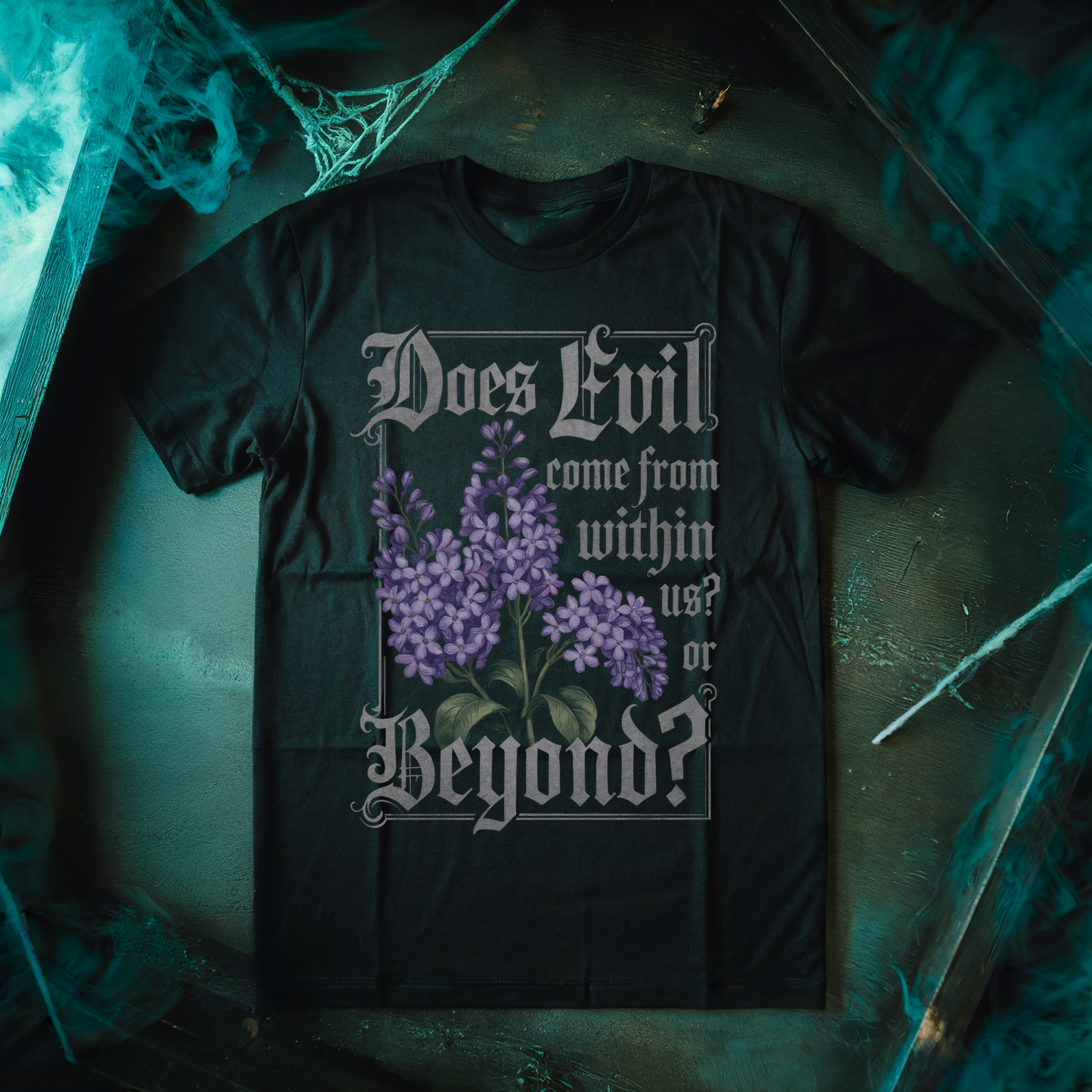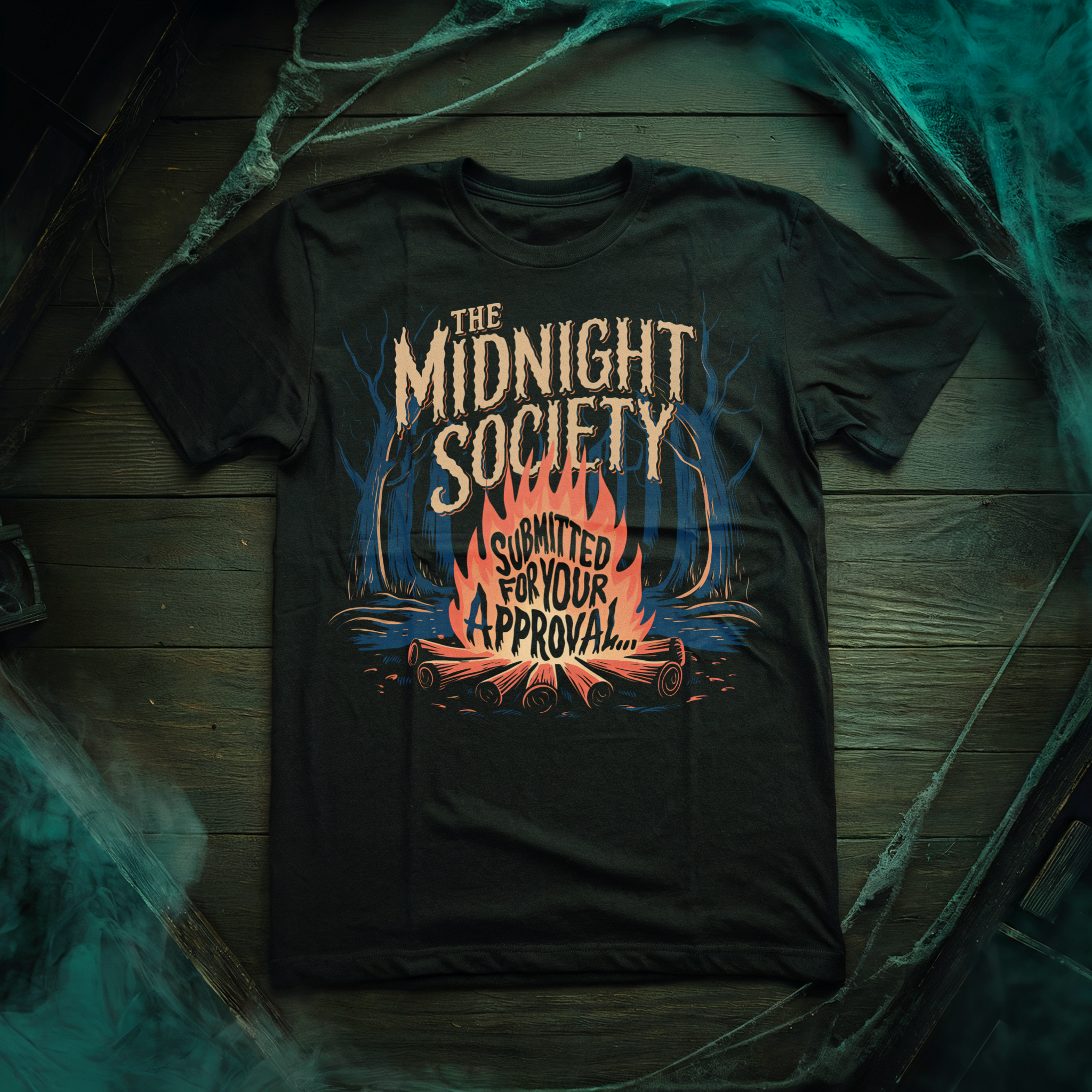Heroics are often measured by grand advances of valiancy under dire circumstances and outstanding actions on the frontline. Simply being a woman existing in a world where the odds are always at one end of extreme contention is hardly regarded as heroic by many, but for one filmmaker that very position is inspiration. Writer and director Babak Anvari (Monsterland) takes viewers inside the confines of a small home while the War of the Cities progresses on the outside, painting a portrait of a woman experiencing both defeat and triumph in the face of terror in Under The Shadow.
The narrative emerges:
After Shideh’s building is hit by a missile during the Iran-Iraq War, a superstitious neighbor suggests that the missile was cursed and might be carrying malevolent Middle-Eastern spirits. She becomes convinced a supernatural force within the building is attempting to possess her daughter Dorsa, and she has no choice but to confront these forces if she is to save her daughter and herself.
Starring Narges Rashidi (Gangs Of London), Avon Manshandi (Mitra), and Bobby Naderi (Bright), Under The Shadow makes incredible use of its PG-13 rating and slick 84-minute runtime. Drawing from his own experience and that of his mother surviving through the same war zone circumstances, Anvari evolves a gothic folk story into a politically charged commentary about inherent fears, the trials and tribulations of womanhood, and one hell of a modern ghost story that makes a simple chador one of the scariest items to float in thin air.
![under the shadow 1 [Stream And Scream] UNDER THE SHADOW Places Womanhood and Politics In The Spotlight 11 under the shadow 1](https://nofspodcast.com/wp-content/uploads/2021/02/under-the-shadow-1-800x479.jpg)
Where There Is Fear And Anxiety
Politics plays an impressively outright and subtle role in the horror of Under The Shadow. Set in a post-revolutionary Tehran during the 80’s, it’s a far cry from the fashionable, neon-colored, trendy decade viewers are used to seeing represented on screen. As authoritarianism rose and living in intolerance became a societal norm, the people of Tehran found themselves inhabiting a conditioned state of fear. Strategic bombings from both sides kept citizens bunkered down inside their homes, subject to sirens, alarms, and rumors about what was happening on the outside. Between the raids, drills, and soldiers forcing security around every corner, Under The Shadow makes tremendous use of an environment shrouded in never ending danger.
With no guarantee of tomorrow and the impending threat of destruction on the brink of each moment, the constant state of fear becomes a constant state of being. Establishing an already ominous tone, the external conflict is reflected within the home as Shideh and Dorsa are both psychologically effected by the uncertain war trauma.
“Politics plays an impressively outright and subtle role in the horror of Under The Shadow.“
The location of Under The Shadow is an influential element that permeates the space surrounding the film’s heroine. Anvari is able to take command of that space and turn it into a central pressure point that pulses character and meaning into the narrative with seamless breath. When Shideh’s husband is dispatched, she is further plunged into a vulnerable mindset within the, literally, crumbling environment around her. The doors and windows are secured with the glass taped from corner to corner to ensure it won’t shatter against missile blasts, yet the presentation of the apartment as well as the building gives off a feeling of exposure. The lack of true safety or stability is tangible from start to finish, especially when an air raid results in the lodging of a live missile in the above residents’ home.
As people vacate the city and the tenants of the building become sparse and ultimately nonexistent, the film’s tense steep into total isolation and anxiety becomes effectively deep. The stress of her country’s politics fuels her desperation to provide, distracts her from being present with Dorsa, and contributes to her mounting paranoia. As Shideh’s mental capacity wavers and Dorsa becomes progressively sicker, the environment seems to adapt this dark, barren wasteland haunted by a wicked, troublesome Djinn and the ticking time bomb that is an uncontrollable war.
![under the shadow 3 [Stream And Scream] UNDER THE SHADOW Places Womanhood and Politics In The Spotlight 12 under the shadow 3](https://nofspodcast.com/wp-content/uploads/2021/02/under-the-shadow-3-800x494.jpg)
Dead People Can’t Dream
Written with the perception of his own mother in mind, Anvari allows Shideh to steal the focus of the narrative as well as move the film’s more interpretive nuances. Viewers are introduced to her character as she is denied admittance to continue her studies due to her political participation during the war. Because Shideh was radically active and blames herself for being young and naive, her life goal is stripped from achievement and she is continuously redirected to find a new one in its place. She is punished for being passionate and wanting change with the hopes of becoming a doctor like her husband out of her hands and in that of a more formal, male-driven constitution.
When her husband thinks it’s for the best that she cannot continue her Medical Psychology degree and Shideh’s agency is diminished to a gaslit housewife, her strength as a woman is put to the test. Barges Rashidi puts on a fantastic performance as she wears the emotion of a woman caught between expectations, a dream, and responsibilities, breaking one minute and pulling it together to push forward in the next. Under The Shadow brings the makings of feminism to the forefront in an understood shade of complexity and sympathy. As Shideh struggles with her inadequacies and resentment as a Tehranian woman, holding on to her empty dreams and hopes, she is crafted as an independent, progressive woman that is capable of growth and survival on her own.
“[Shideh] is punished for being passionate and wanting change with the hopes of becoming a doctor like her husband out of her hands and in that of a more formal, male-driven constitution.“
Determined to exist beyond her education and career, Shideh is tasked with solely looking after her young daughter, Dorsa, while her husband is deployed to aid in the frontline. Angered at him for doing what he has to in order to keep his license and thinking it’s for the best when she loses her right to practice, Shideh domestic troubles begin to take form. She begrudges her predestined duty to stay home and raise her child, but since she has failed as a doctor, the pressure is on for Shideh to succeed as a mother. As the war wages on, inside their apartment as well as on the outside, turmoil between mother and daughter intensifies. With the Djinn at work, the supernatural mystery leaves Shideh scared and confused while war zone closes in on their building and she does all she can to stand her ground. As a mother, Shideh wants to prove she is capable of looking after her daughter and stubbornly refuses to leave until she has reconciled her womanhood.
Under The Shadow blends many threads throughout the fabric of its woven narrative, but finds its heart in the shared fear between mother and daughter. The passing down of superstitions, weights, and restrictions plays a role in the way Shideh and Dorsa model a respective relationship, but also works toward breaking the cycle of restriction and oppression as women. The dreams the mothers have for their children in Under The Shadow cannot die so long as they find the will to survive and the narrative itself fights for the cohabitation of parenthood and career alike.
![under the shadow 2 [Stream And Scream] UNDER THE SHADOW Places Womanhood and Politics In The Spotlight 13 under the shadow 2](https://nofspodcast.com/wp-content/uploads/2021/02/under-the-shadow-2-800x469.jpg)
It’s A Djinn
Adding a layer of worry and acting as an allegorical subject for the heavy content at hand, the Djinn is a monster rooted in ancient lore. Beginning with a whisper, continuing with ritualistic protection, and released from the missile crack in the ceiling, the ghostly presence turns into a third party that slowly acquires power over Shideh and Dorsa. The legend of the Djinn stems from Arabic culture as most of Iranian mythology and tales of the supernatural originate from their pre-Islamic Persian heritage. The lore varies, but the beings are noted in The Quran the way angels are in The Bible, acting like demonic genies born from fire.
Like its fairytale stylings, the Djinn is mischievous at first as it turns daughter against mother and vice versa by taking a personal item, a treasure. From there, the mythic spirit taunts both Shideh and Dorsa with trickery and cruel appearances before showing its intent to possess. With all of its superstitions and traditions, the Djinn is a unique source of dread and horror that expresses the spiritual world from cultures less represented in mass film release. It’s an interesting vessel used to play on the notion that people can convince themselves into believing something is real enough if they really want to. As a way of escaping their tumultuous landscape, mother and daughter face a more evil adversary.
The sullen bareness to the apartment where Shideh and Dorsa find themselves trapped and tormented is surprisingly cloaked in a warm palette that highlights the natural light fighting to get inside. The colors invoke a common, homely welcome that drastically transforms the tone into a cold vacancy promising hope and doom come the final act.
“With all of its superstitions and traditions, the Djinn is a unique source of dread and horror that expresses the spiritual world from cultures less represented in mass film release. “
Under The Shadow carries this engaging quietness that amplifies intentionally terrifying sounds from the movement of the wind to the tearing of duct tape to the rumbling of bombs off in the distance. The pacing is fluid and sets up well before jumping into the more frightening subject matter and even keeps controlled time when it comes to the scares. Knowing that the Djinn are invisible to the human eye, Anvari capitalizes on using the atmosphere to create tension and illustrate a malevolent presence without showing too much, but rather implying it is there. When the apparition is shown on screen, its subtle and realistic with visuals crafted from skill and quality. With a hint of disorientation and a grip on reality, Babak Anvari uses his directorial debut to flex a keen understanding of telling a classic ghost story with a rich, relevant cultural commentary.
As lockdown and fear of the unknown becomes a more understood landscape positioned in our own backyards, the terror of Under The Shadow is terribly appropriate. However, Shideh and Dorsa’s resilience and perseverance in the face of turmoil makes this story a strong statement in the power of womanhood.
Under The Shadow is currently streaming on Netflix and is a very underrated composition that is worthy of viewing to celebrate Women In Horror Month. Shideh has to deal with her daughter, her husband on the frontline, her sidelined studies, a Djinn, and a war? I think she deserves a medal in heroics, among other things.
Have you seen Under The Shadow? What makes this film so important to womanhood depicted in the the genre? Do you find the lore of the Djinn to be scary? Let us know your thoughts over on Twitter, Reddit, or in the Horror Movie Fiend Club on Facebook!
![under the shadow poster [Stream And Scream] UNDER THE SHADOW Places Womanhood and Politics In The Spotlight 14 under the shadow poster](https://nofspodcast.com/wp-content/uploads/2021/02/under-the-shadow-poster-800x1162.jpg)





![under the shadow featured [Stream And Scream] UNDER THE SHADOW Places Womanhood and Politics In The Spotlight 10 under the shadow featured](https://nofspodcast.com/wp-content/uploads/2021/02/under-the-shadow-featured.jpg)



